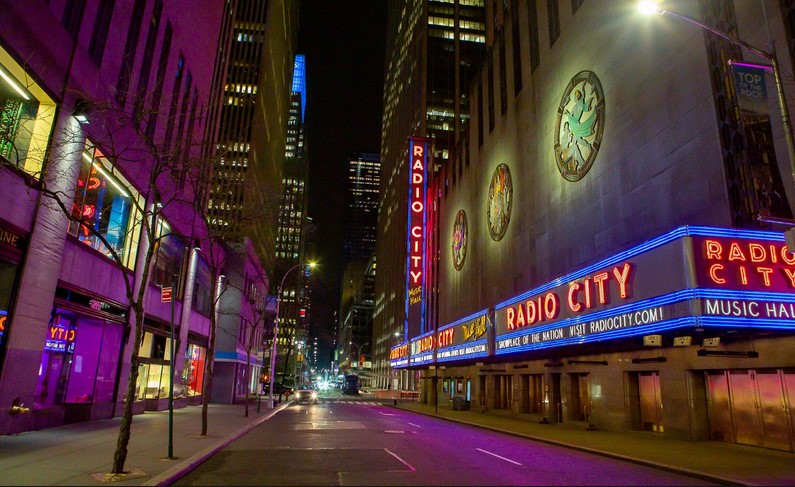NYC Limits Delivery Fees at 20%

Restaurants located in New York City began complaining in April that “Food Delivery Applications” for the iPhone & Android had started overcharging them amid the COVID-19 pandemic. This disgusting behaviour prompted an immediate reaction from local politicians, who collectively agreed upon a proposal that will see the maximum delivery fee capped at 20%. This high percentage applies during Emergency Situations, meaning that after the pandemic is over, the capped limit will be lowered to 15%. New York City isn’t the exclusive metropolis to implement legislation on capped delivery fees. San Francisco, Seattle, Washington, Chicago, and Dallas have all created similar measures.
The response from the Food Delivery Applications was similar to than of criminal enterprises. CEOs from Grubhub, Uber Eats, and SkipTheDishes all remarked that implementing these legislations would enforce increased costs for customers by the restaurants themselves. This would be possible if these applications apply hidden fees onto restaurant owners, which would fall in line with their business operations over the last decade. While standard delivery options in North America cost $6.00, their services exceed the valuation of $10.00. Grubhub charged the highest fees which would in some occasions exceed $14.00.
Threats Disputed
Legislators in New York, Chicago, and Washington informed these services that bullish tactics won’t be permitted. These Food Delivery Applications have conventionally believed they’re above the law, pushing the boundaries of what’s allowed with politicians. Refusal to abide or find loopholes in these new conditions could prompt that respective service being banned from that city. It’s something that Chicago has proposed, as threatening the livelihood of businesses and their employees cannot be justified under any circumstances.
Councils in American Metropolises will continue to delegate new legislation that could force these applications into increased regulation. The ultimate answer is enforcing a policy that requires paid apps or services through mobile handsets to adhere by various protocols. It’d be beneficial for civilians that are overcharged for what’s been deemed an essential service. Criminal lawsuits could be enacted by this Food Delivery Applications, sentencing the government to defend themselves through the Senate. Consider that the two go hand-in-hand; these bullish CEOs would be foolish to try such a strategy.


